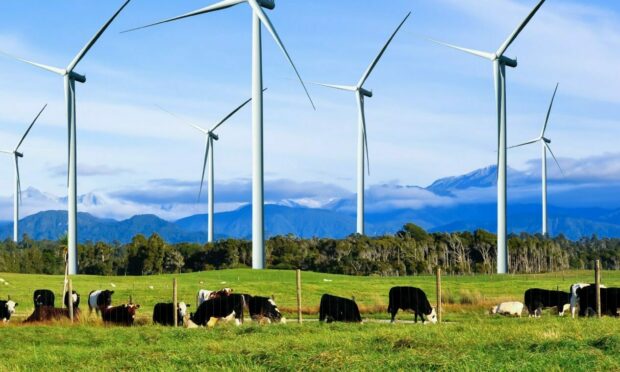Sir, – Many issues concerning climate change are invariably accompanied by a chain of unintended, or conveniently ignored, negative consequences.
One such example is highlighted by George Herraghty (P&J September 6) concerning the ongoing demise of seabirds (as well as land birds) due to the destructive impact of wind turbine blades.
The cruel irony is that wind power is hailed by many environmentalists and politicians as one of the vital keys needed to in order to “save the planet”.
Over the years we have witnesses a strange transition. Not so long ago the “scientific consensus” warned us to to prepare for a cooling planet which then switched to global warming and the now familiar, all-encompassing definition of climate change which conveniently covers everything from species extinction to fire and flood, excessive heat, cold and environmental degradation. In less than 20 years the global population will be close to nine billion, a threefold increase in the past 60 years. That is perhaps our biggest problem.
Neil J Bryce. Gateshaw Cottage, Kelso.
Sir, – The BBC’s decision to restrict free TV licences for over-75s to only those on pension credit has proved unpopular. But the BBC needs to make programmes. To inform, educate and entertain.
Many older people are refusing to pay the licence fee. Even though they can easily afford so to do. Why? Legal action would be terribly bad publicity for the BBC.
I continue to pay my TV Licence. Monthly by direct debit. I’m not yet 75 years of age. Will I suffer still more inferior viewing if those viewers aged 75+ and able to pay decide doggedly to refuse? Amid a global pandemic?
If short of funding, the BBC could dispense with monetary sink-holes like Gary Lineker. You don’t have to be a retired professional footballer to know the game and front a programme. Diversify. Find a commoner that can cope with fame and entertain an audience. You’re out there – somewhere – and cheaper to employ.
Charity used to begin at home. But no longer. Covid-19 has decreed otherwise. Do you oldies able to pay want to fund the BBC or the NHS and social care in Scotland?
Bill Maxwell, Mar Place, Keith.
